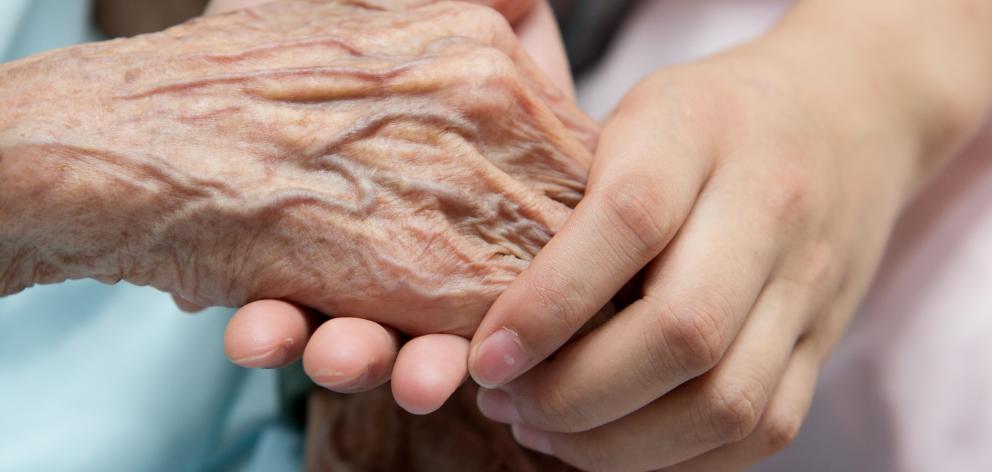
The findings are from the organisation's fifth weekly survey on the impact the Covid-19 virus is having on New Zealanders' lives.
The research was conducted online, using a representative sample of New Zealanders aged over 18, with concern questions measured on a scale.
Research NZ managing partner Emanuel Kalafatelis said researchers found what they expected to find.
"Around 40 percent have struggled with the idea of staying in their bubble and we thought this week we'd look at that from a slightly different perspective - we asked about lack of physical contact with elderly relatives and relatives outside of their area," he said.
The results showed that 78% of respondents were concerned for elderly relatives and other relatives in different parts of the country.
The research also showed there was a very high level of concern about the economy, with 60 to 65% expressing worries about job security, and mortgage and rent payments over the last three weeks.
"In that regard we asked two questions: if they were concerned with the economy's ability to recover from the present situation - very high levels of concern at 90 percent - in fact almost one in every three respondents said they were very concerned."
These figures have increased since the Alert Level Four lockdown began over four weeks ago.
"Back when we first asked this question it was early days yet and people may have had a vague idea as to the rate that which things would recover and get back to normal," Kalafatelis said.
"I think over the last three to four weeks, we've realised that things are going to be different and on top of that, it's going to take actually much longer than most people initially predicted to get back to normal."
As well as economic issues, respondents were also asked about their concerns around becoming seriously ill from Covid-19.
The number continued to be high, with four in five people expressing concern, but the percentage who were "very concerned" was beginning to drop.
"I think that's simply a reflection of the fact that transmission rates seem to be under control now and are almost wiped out [in New Zealand]," Kalafatelis said.
However, these levels of concern could go back up once the country moved into Alert Level 3, with more movement and potentially higher levels of contact, he said.
"For me, these results are saying that there's less concern about the potential to catch the virus and become seriously ill, however there's a shift now in what people are concerned about and that's the rate of recovery of the economy.
"What happens economically though - internationally and nationally - in the end obviously affects us as individuals."












